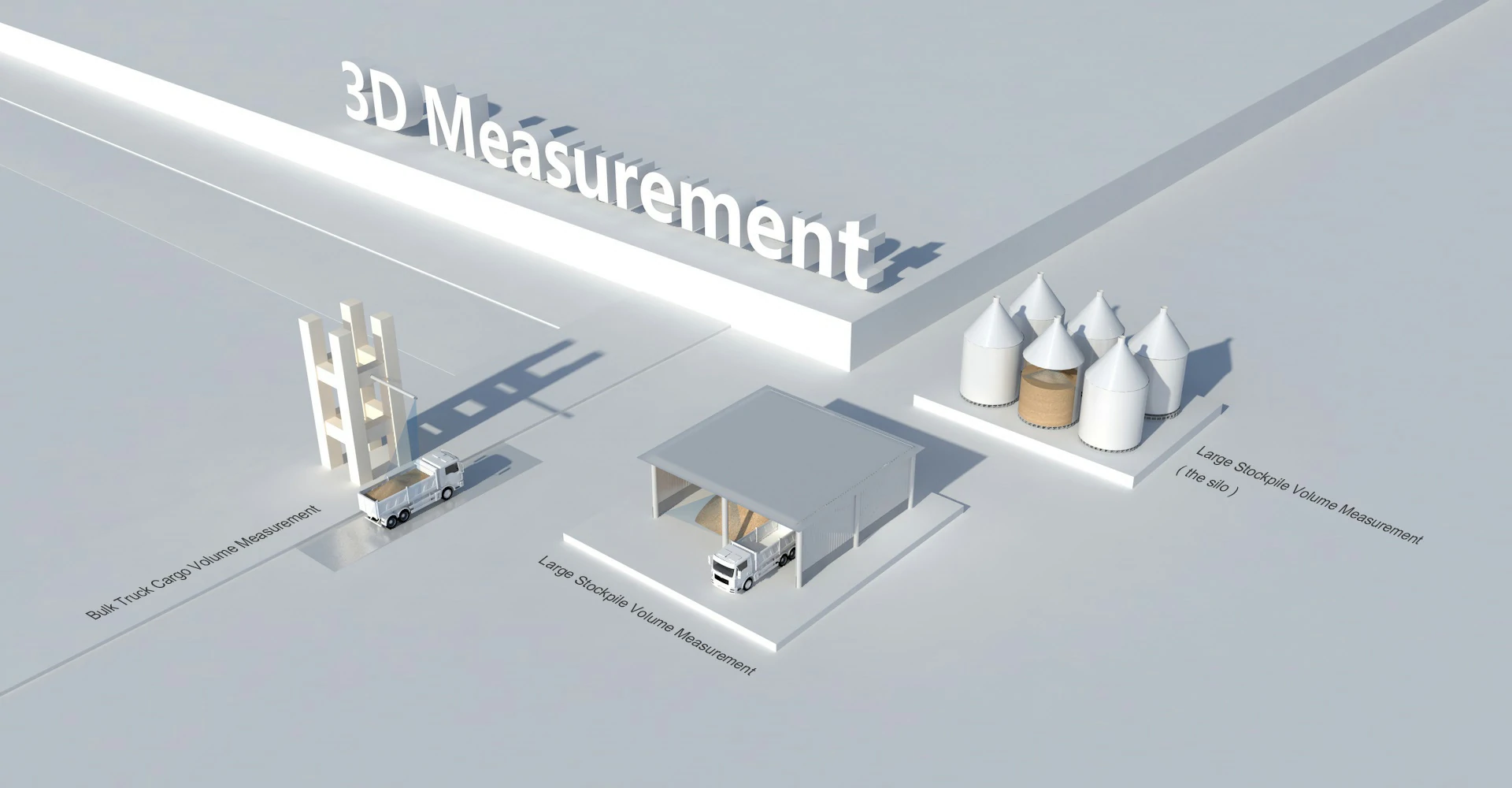
What is DRONE LIDAR
Drone LiDAR, or Light Detection and Ranging, is a technology that uses laser pulses to measure distances and create detailed 3D maps of the terrain below. When mounted on a drone, LiDAR sensors can capture high-resolution data by rapidly scanning the ground surface from above. This technology is commonly used in various industries such as agriculture, forestry, construction, and surveying for applications like mapping, monitoring vegetation health, and creating digital elevation models. Drone LiDAR provides accurate and precise data that can be used for decision-making and planning purposes. In summary, Drone LiDAR is a powerful tool that enables efficient and effective data collection for a wide range of applications.
The Main Technology in DRONE LIDAR
The main technology in drone LiDAR is Light Detection and Ranging (LiDAR) sensors. These sensors use laser pulses to measure distances to objects on the ground, creating highly detailed 3D maps of the terrain below. The drones equipped with LiDAR technology can capture accurate elevation data, detect obstacles, and create precise topographic maps for various applications such as land surveying, infrastructure inspection, agriculture, and environmental monitoring. LiDAR technology enables drones to collect vast amounts of data quickly and efficiently, making it a valuable tool for industries requiring detailed and accurate spatial information.


Applications of DRONE LIDAR
Drone LiDAR technology has revolutionized various industries by offering a cost-effective and efficient solution for data collection and mapping. One of the key applications of Drone LiDAR is in agriculture, where it is used for crop monitoring, yield prediction, and soil analysis. The technology enables farmers to make informed decisions regarding irrigation, fertilization, and pest control, leading to increased productivity and reduced environmental impact. In forestry, Drone LiDAR is utilized for forest inventory, tree species classification, and monitoring of deforestation and forest health. Additionally, the technology is employed in infrastructure inspection, disaster response, urban planning, and archaeological surveys. Overall, Drone LiDAR plays a crucial role in enhancing efficiency, accuracy, and sustainability across various sectors.
Benefits of DRONE LIDAR
Drone LiDAR technology offers numerous benefits in various industries, including agriculture, construction, and environmental monitoring. One of the key advantages is its ability to quickly and accurately collect high-resolution data over large areas, allowing for efficient mapping and analysis. This can lead to improved decision-making, increased productivity, and cost savings. Additionally, drone LiDAR can be used to create detailed 3D models, detect changes in terrain or vegetation, and assess the health of crops or forests. Overall, the use of drone LiDAR technology provides a valuable tool for enhancing efficiency, precision, and effectiveness in a wide range of applications.

LiDAR in Construction Monitoring
Neuvition's Titan series LiDAR sensors offer high-precision 3D scanning capabilities
ideal for construction site monitoring. The Titan M1 series, with its long-range and
high-resolution features, can capture detailed site data for accurate progress tracking
and volumetric measurements.
Neuvition LiDAR Products Overview

Titan S2
Specialized for specific industrial uses.
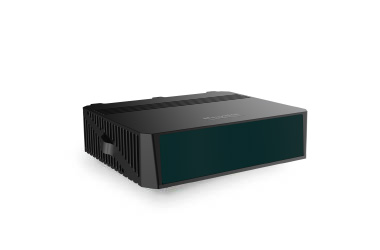
NeuX1
Next-generation LiDAR technology with enhanced capabilities.
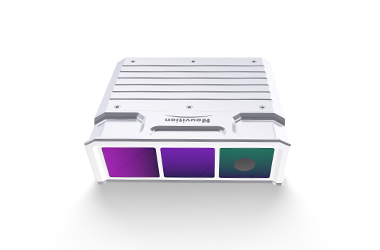
Titan M1 Series
Long-range, high-resolution LiDAR sensors for various applications.

Titan W1
Designed for wide-angle scanning in challenging environments.
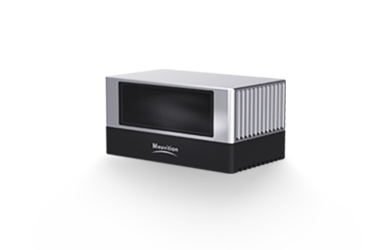
Titan P1
Compact and versatile for mobile and robotics applications.
Neuvition LiDAR Products Overview
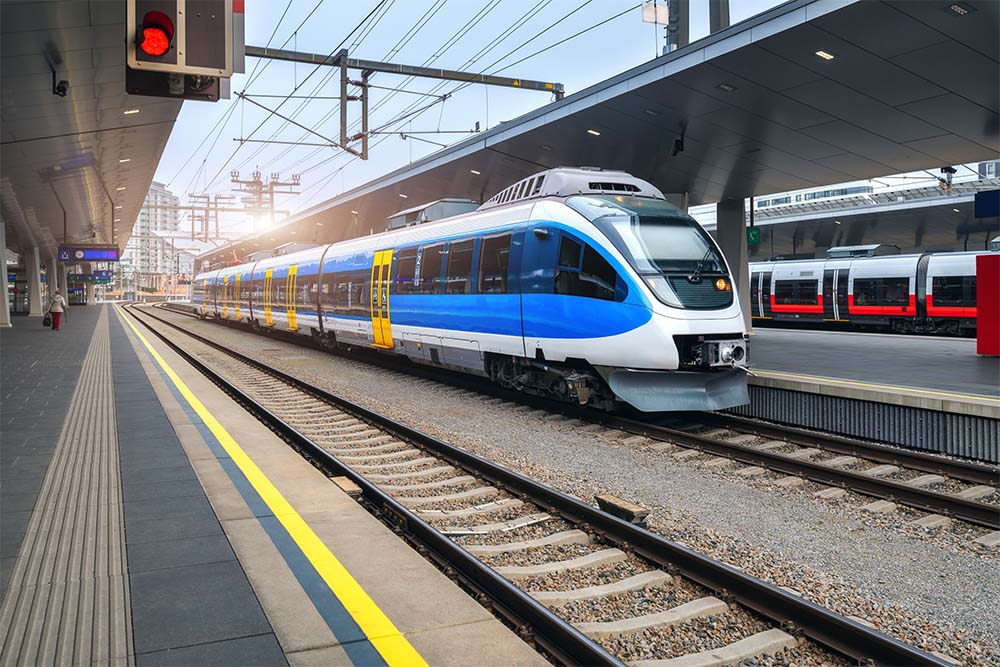
Railway Collision Avoidance
Enhancing safety in rail transportation.
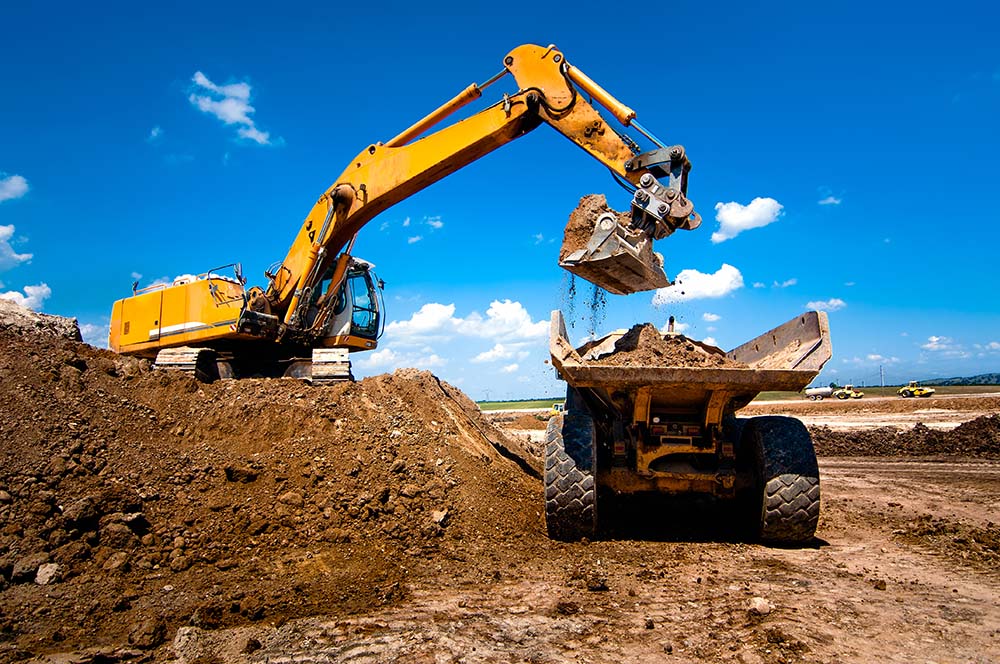
Volume Measurement
Accurate 3D volume calculations for industries like mining and construction.
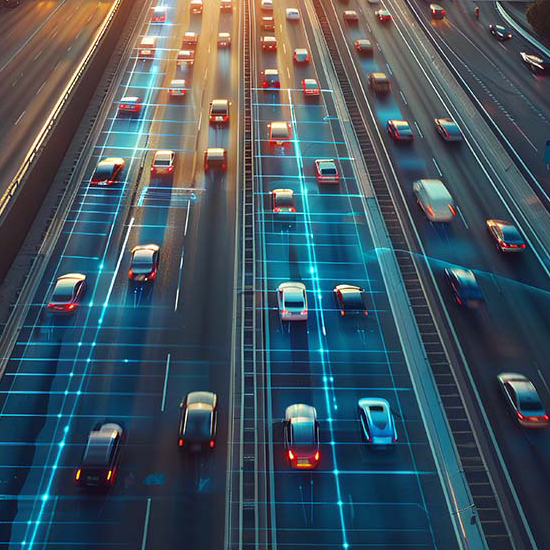
Smart Highway
Improving road safety and traffic management.
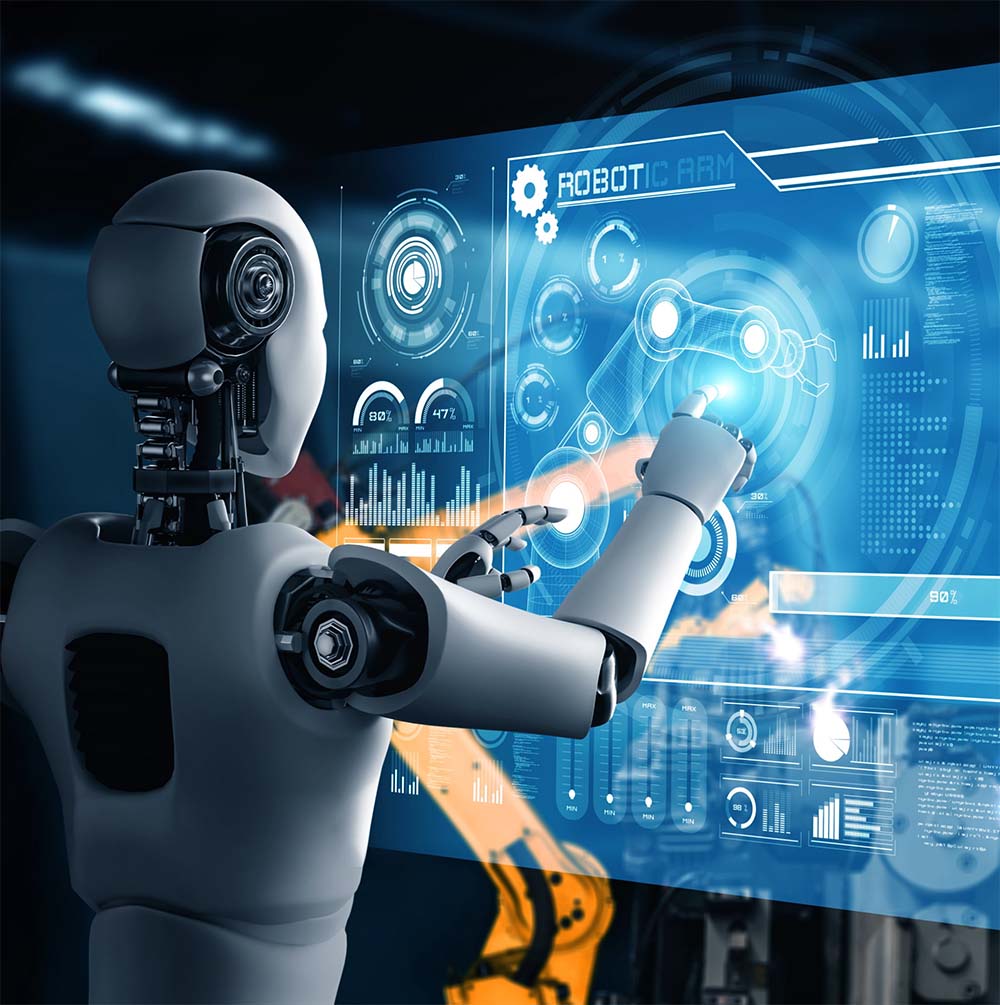
Robotics
Enabling precise navigation and object detection for autonomous robots.
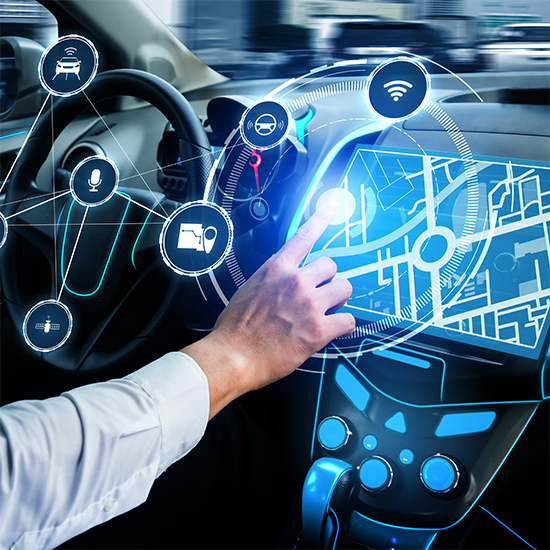
Autonomous Driving
Advanced sensing for self-driving vehicles.
Application Areas of LiDAR
Benefits of Using LiDAR

High accuracy and
precision in 3D mapping

Real-time data
collection and processing

Ability to penetrate vegetation
and capture ground topography

Efficient large-scale
surveying and mapping

Enhanced safety in
autonomous systems

Improved decision-making
with detailed spatial information
Software Solutions for LiDAR
Neuvition provides software solutions to complement its hardware, including point cloud processing and analysis
tools, real-time visualization software, a data integration platform for enterprise applications, and customized
algorithms tailored to specific industry needs.

Success Stories
MetroInnovate Urban Solutions improved traffic flow by 15% after implementing Neuvition's Smart Highway system. Emily Parker, the Director of Smart City Development, played a key role in deploying this system to enhance urban traffic management and reduce congestion.
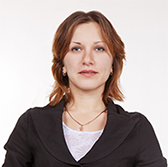
BuildMaster Construction reduced project timelines by 20% using Neuvition's LiDAR-based site monitoring solution. Michael Thompson, the COO, led the adoption of this technology, focusing on improving efficiency and project management.

DeepCore Mining increased excavation efficiency by 25% with Neuvition's volume measurement solution. Robert Lin, the Head of Operations, was instrumental in integrating this technology to optimize resource extraction and operational productivity.

FAQ












Contact Us
If you have any questions or suggestions, please leave a message, we will get in touch with you within 24 hours!
